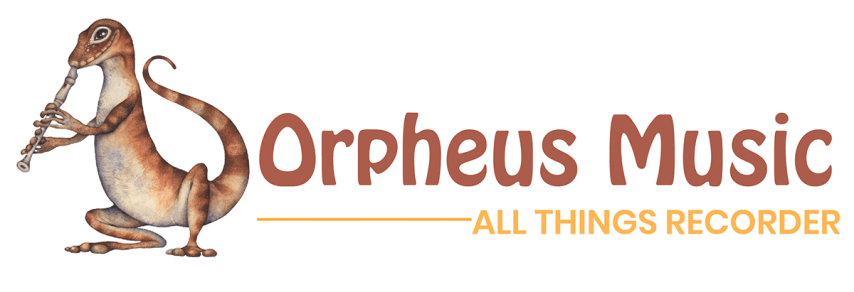
ABRSM - Associated Board of the Royal Schools of Music
Note: Orpheus Music takes no responsibility for any out of date information, or any information that may have changed since writing this webpage. Exam candidates must do their own research in order to have the most up to date details for each of the syllabuses rules and regulations.
This is designed as a resource for recorder players around Australia and may be useful to recorder players around the world. All prices linked are in AUD unless stated otherwise.
This was last updated in Dec 2021.
Click here to view ABRSM sheet music that Orpheus music stocks, catalogued per grade or diploma.
ABRSM - Associated Board of the Royal Schools of Music
According to their website, ABRSM has over 650,000 candidates now sitting ABRSM exams each year in more than 90 countries around the globe.
Covid-19
Click here to stay updated the online examinations due to covid-19.
Click here for Australian ABRSM website.
Syllabus
ABRSM has a regularly updated and free Syllabus that students and teachers can access. ABRSM is a little different to AMEB and Trinity. They have separate exam Syllabuses for descant/soprano recorder (grades 1 - 5), then treble/alto (grades 1 - 8). After grade 5 the treble syllabus has both descant and treble in the syllabus as they expect candidates to play both C and F fingering.
Grades (1- 8)
All ABRSM graded woodwind exams comprise the following elements: three pieces to perform; then scales and arpeggios; sight-reading; and aural tests.
Candidates must choose one piece from each of the three lists (A, B and C) in each grade. All pieces in Lists A and B must be performed with a live piano accompaniment, whereas all pieces in List C must be performed solo.
*For very young children there is a Prep test (before Grade 1). There is no pass or fail and no marks awarded, but it includes a candidate’s own choice for one of the pieces and a certificate presented on the day with helpful written comments. For more information about this click here.
Technical requirements in the Grades: Aural, Sight reading and Scales
After performing your pieces in the graded exams, you will then be tested on your aural skills, sight reading and scales.
You can practice the Sight reading component with the official ABRSM series.
The ABRSM sight reading for Descant.
The ABRSM sight read for Treble.
The ABRSM Scales book for descant.
The ABRSM Scales book for treble.
Details for about the Aural Tests click here.
Extra requirements in the Grades:
Music Theory - In order to take grade 6 or above practical exams you need to pass grade 5 Music theory (or above).
Diplomas - ARSM, DipABRSM, LRSM, FRSM
These are the highest certificates that can be taken within ABRSM.
ARSM is a bridge between Grade 8 and DipABRSM and is performance only.
DipABRSM (Diploma of The Associated Board of the Royal Schools of Music)
LRSM (Licentiate of the Royal Schools of Music)
FRSM (Fellowship of the Royal Schools of Music)
In the Diplomas you expected to do:
an instrumental or vocal Recital.
a VivaVoce, entailing a discussion with the examiners.
a written assignment (relating to your Recital programme) which you should be prepared to discuss as part of your VivaVoce, and which contributes to the Viva Voce mark. At DipABRSM and LRSM levels, this assignment takes the form of Programme Notes, which must be presented to the examiners on the day of the exam. At FRSM level, you are required to prepare a Written Submission, which you must send to ABRSM with your entry.
Quick Study – performance of a short piece of unaccompanied and previously unseen music. Full descriptions of each level of diploma, including preparation guidance, are in the link below.
For more info about the ABRSM Diplomas please click here.
Enrolment Dates and Fees in Australia
Click here for the Australian Fees and Dates.
Other Exams within ABRSM:
Music Medals - Candidates can choose music that are from five different levels: C Copper, B Bronze, S Silver, G Gold, P Platinum. Music medals are aimed for primary school aged students. To find out more please click here.
For the Music Medals Syllabus click here.









